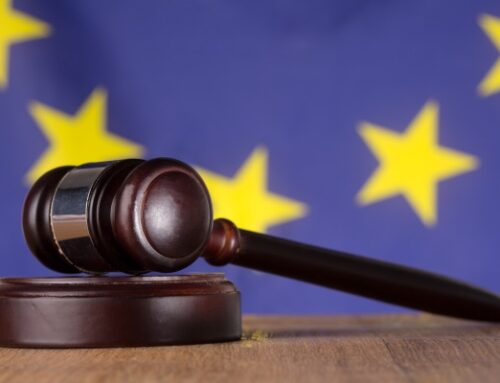New version allows the use of any app with end-to-end encrypted collaboration via the high-security cloud service
Hamburg, 14 September 2022 – With a new “Universal Version”, the high-security cloud service TeamDrive can be used for the first time with any app on iPhones and iPads as well as mobile devices with Android. TeamDrive is characterised by seamless end-to-end encryption with a zero-knowledge architecture. This means that no one but the user himself has the access key to the data – not even the provider. This distinguishes TeamDrive from all US clouds, whose operators are legally obliged to grant US authorities access to customer data.
Technically, TeamDrive has realised the universal provision of the cloud by supporting the Files app under iOS and the Document Provider under Android. This means that documents can be edited on smartphones and tablets with any app and exchanged with other users via TeamDrive. TeamDrive meets the highest security requirements relevant for Germany, such as DSGVO (German Data Protection Ordinance) and GoBD (German principles for the proper keeping and storage of books, records and documents in electronic form), as well as the strict guidelines for professional secrecy holders such as doctors or notaries in accordance with the German Criminal Code (StGB).
For almost all apps and applications – also for open source
“With the new Universal Version, for the first time all users in Germany can store and transmit data at the highest security level, regardless of which app they work with,” says TeamDrive Managing Director Detlef Schmuck, explaining the high relevance of the latest update.
As another important feature of the new SecureOffice version, TeamDrive mentions the first-time support of the ODF format of OpenOffice and other open source applications in the mobile app. This ensures that these files can also be opened and edited in an encrypted container and that the high security standard of the TeamDrive cloud is available.
Security concept protects against authorities and espionage
The end-to-end encryption with zero-knowledge architecture means that the operator TeamDrive does not have any access keys to customer data. For customers, this results in two significant security plus points. Firstly, TeamDrive cannot release customer data in a form that can be read by government agencies, even in response to official requests. Secondly, the concept protects against industrial espionage: even if hackers were to succeed in capturing customer data files, they would not be able to decrypt them because they would not find any access keys at TeamDrive. “What is not there cannot be stolen,” says Detlef Schmuck laconically. The software used has been completely developed and programmed in Germany since 2008 and all data stocks are kept 100 per cent in Germany to rigorously exclude any possible foreign influence.
Detlef Schmuck explains: “Security is indivisible. If there is a gap at any point, the entire security chain is at risk. That is why we vehemently oppose all attempts by the European Commission, for example, to open up data services to government agencies. A gap that gives security authorities access to customer data is just as big a gateway for hackers. A security architecture with end-to-end encryption and zero-knowledge concept is the only way to ensure the privacy of personal and corporate data communications. In a world where our private as well as our professional lives are determined by digital communication, this protection of our privacy is essential. That’s why it’s important to us to make this level of protection available to all apps on almost all smartphones and tablets with the new universal version.”
To complement this, TeamDrive has added additional native security features to the code on iOS and Android in the new version. This means that data stored on the smartphone or tablet can also be encrypted beyond the cloud. This protects the data even if the device falls into the wrong hands and an unauthorised person succeeds in overcoming the device lock. The integrated two-factor authentication provides further security.





